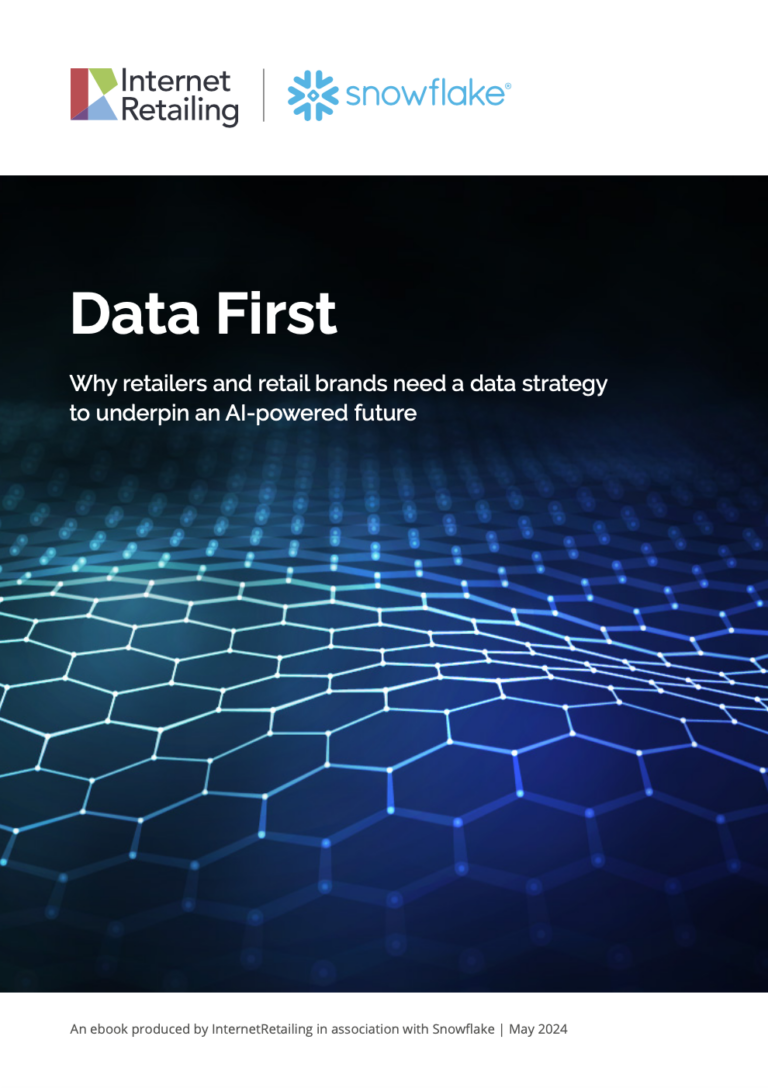Consumers are becoming increasingly aware of their online security following a wave of high-profile data breaches – and many are losing faith in retailers to keep their details safe, two new studies have found.
In the last three months alone, UK retailers from eBay to Office have asked customers to change their passwords following a security breach.
Some 54% of the 2,000 online consumers surveyed through the eCustomerServiceIndex from eDigitalResearch and the IMRG, said they were more conscious of their online security than they were a year ago, while 50% felt retailers should do more to keep them safe online. The onus, they felt, is on retailers, with only 43% of consumers updating their passwords every three to six months. The 69% who use different passwords for different sites imply 31% who do not.
Derek Eccleston, commercial director at eDigitalResearch, said: “It is clear from our latest set of results that security really has become a crucial factor in the online customer journey for consumers. Onus from consumers is very much on retailers to invest in and improve their security measures for their online customers – over two thirds (67%) expect organisations to contact them immediately (within 6 hours) by email or phone if security had been breached and it leads to a potential loss of data”.
Some one in four of online consumers either had themselves been a victim of a fraudulent transaction, the research found, or had a family member who had suffered one.
Andrew McClelland, COO of IMRG , said: “These findings are interesting in that industry has invested heavily over the last 5 years in standardising and improving card payment security. Yes, big data breaches are of enormous concern but careful management of our own data limits the impact that these will have. We as consumers must be much more aware of who we are giving our data to, how often we update passwords and making sure our anti-virus programs are kept up-to-date. It is in retailers’ interests to ensure that their customers are safe when shopping online and they continue to invest in security measures. New data protection regulation from the European Parliament is due to come into force shortly, helping to raise the bar even further and providing consumers with further protection.”
Around the world, 29% of global consumers do not trust retailers, operating through stores, websites, restaurants and more, to protect their stored personal and financial data against hacking attempts and data breaches, according to global consumer fraud research from ACI Worldwide and Aite. It took place across 20 countries and involved more than 6,100 consumers. Worldwide, some 55% felt stores where they shop used security systems that adequately protected their financial data, and 62% believed ecommerce websites protected their data.
In the UK, 75% trusted online retailers, and 68% offline stores to protect their card information. Some 24% identified computer hackers as the greatest fraud risk, while 16% distrust paper forms that require card details, and 13% online shopping as well as using card details to pay over the phone. Some 62% of UK consumers said they’d like the bank to stop transactions until they responded to a fraud alert.
“Retailers have their work cut out for them—to change consumer perception that shopping, be it online or in-store, is unsafe,” said Mike Braatz, senior vice president, payments risk management solutions at ACI Worldwide.









